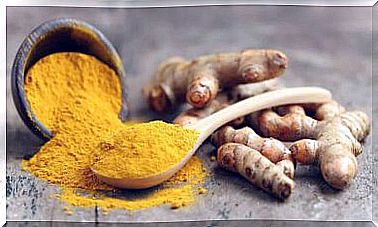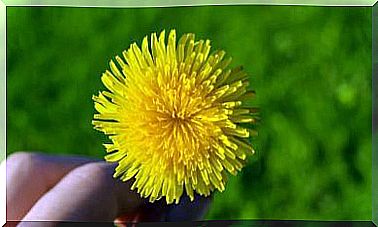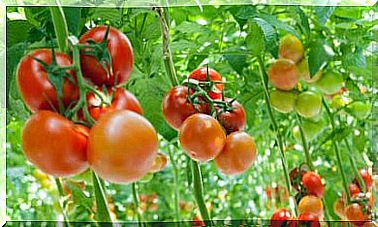Hay Fever: 10 Remedies To Combat It
It is possible to combine several natural remedies to alleviate allergic rhinitis. It is essential to consult with your doctor before resorting to any of them.

Hay fever, better known as allergic rhinitis, refers to a set of symptoms that are produced by a reaction of the body to elements such as pollen, dust, cold, among others. It can be occasional, although a small group of people suffer from it all year round.
According to the American Academy of Allergy, Asthma and Immunology – The American Academy Of Allergy, Asthma & Immunology – it is a condition that affects 8% of US citizens. Do you suffer from it?
Although symptoms can vary from person to person, the specialized site Medline Plus reports that sneezing, nasal congestion, and itchy skin are common. It also causes watery eyes, itchy throat, and postnasal drip.
Remedies to fight hay fever
To control hay fever symptoms, some medications combined with lifestyle changes are often recommended.
Doctors often prescribe antihistamine drugs, eye drops, and allergy shots. Medical consultation becomes essential if you suffer from this condition.
Once you have the doctor’s instructions, and only if he approves it, Some natural remedies that favor the control of discomfort thanks to the properties of some plants can be used as a complement. Here are some alternatives.
1. Nettle
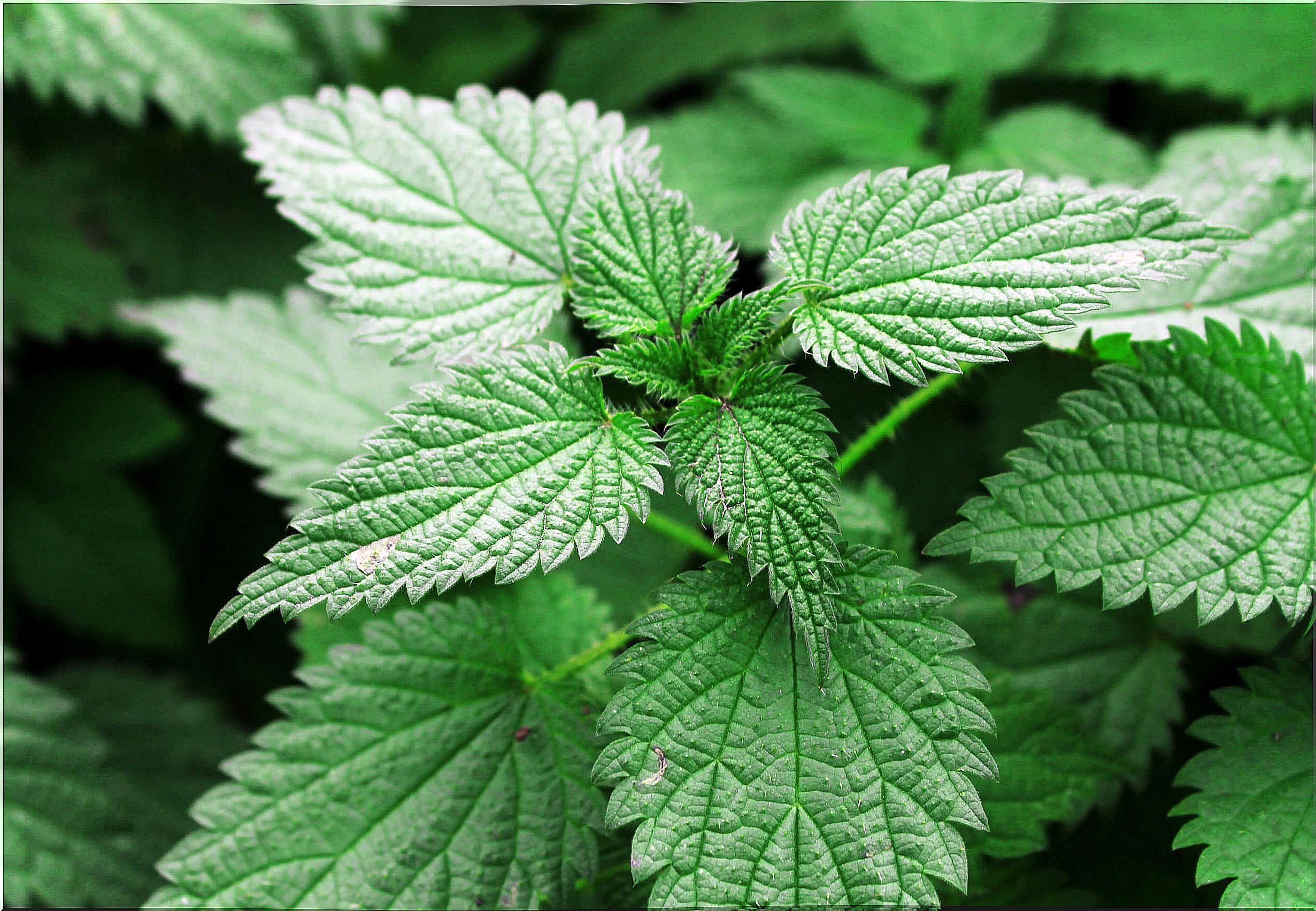
According to traditional medicine, this plant has the ability to block the negative effects of histamine in people who are allergic to pollen. However, there is no evidence about this interaction.
However, a study carried out by researchers from the National College of Naturopathic Medicine (1989) states that nettle yielded positive results when tested as a treatment for the symptoms of allergic rhinitis, even though these were not conclusive.
If you choose to consume it, one possibility is to take two nettle infusions or soups a day, or ingest it in the form of capsules, extract or as a homeopathic remedy.
2. Honey
This food that bees give us has numerous health benefits and, in addition, it is an alternative to sugar, a product that is harmful to health.
One of its properties is that, for example, it is pointed out by specialized medical publications as a possible treatment for cold and cough symptoms.
Beyond being a very tasty food and recommended for allergies, research published in the Annals of Allergy, Asthma & Immunology maintains that its effects in this regard are not proven.
It should be noted, however, that more recent research published by the Annals of Saudi Medicine states that it can be helpful in combating these problems.
In any case, it is essential to know that honey cannot be administered to children, as this could cause infant botulism.
3. Green tea
This miraculous drink has so many benefits that we should all drink green tea every day, at least.
In this case, this infusion prevents the production of histamine, thereby reducing the symptoms of hay fever. This is confirmed by a study in the Journal of Physiology and Biochemistry .
We can drink two green teas every day; In general, it is recommended to always consume them separately from meals, so that they do not impede the assimilation of other nutrients.
4. Licorice
Licorice is considered beneficial for treating problems such as allergic rhinitis thanks to its anti-inflammatory properties, which are proven in a study published in Antioxidants .
Before its consumption, it must be taken into account that it can increase blood pressure, so it is not recommended for people with hypertension. It can be taken as an infusion or pills.
5. Citrus
Citrus fruits such as lemon, orange, grapefruit or mandarin are rich in vitamin C, which is a natural antihistamine, as confirmed by research in the Journal of American College of Nutrition .
A good alternative can be to consume organic citrus fruits to also be able to use its peel in juices, smoothies, infusions, salads, desserts, etc. Take advantage of all its benefits!
6. Aloe vera
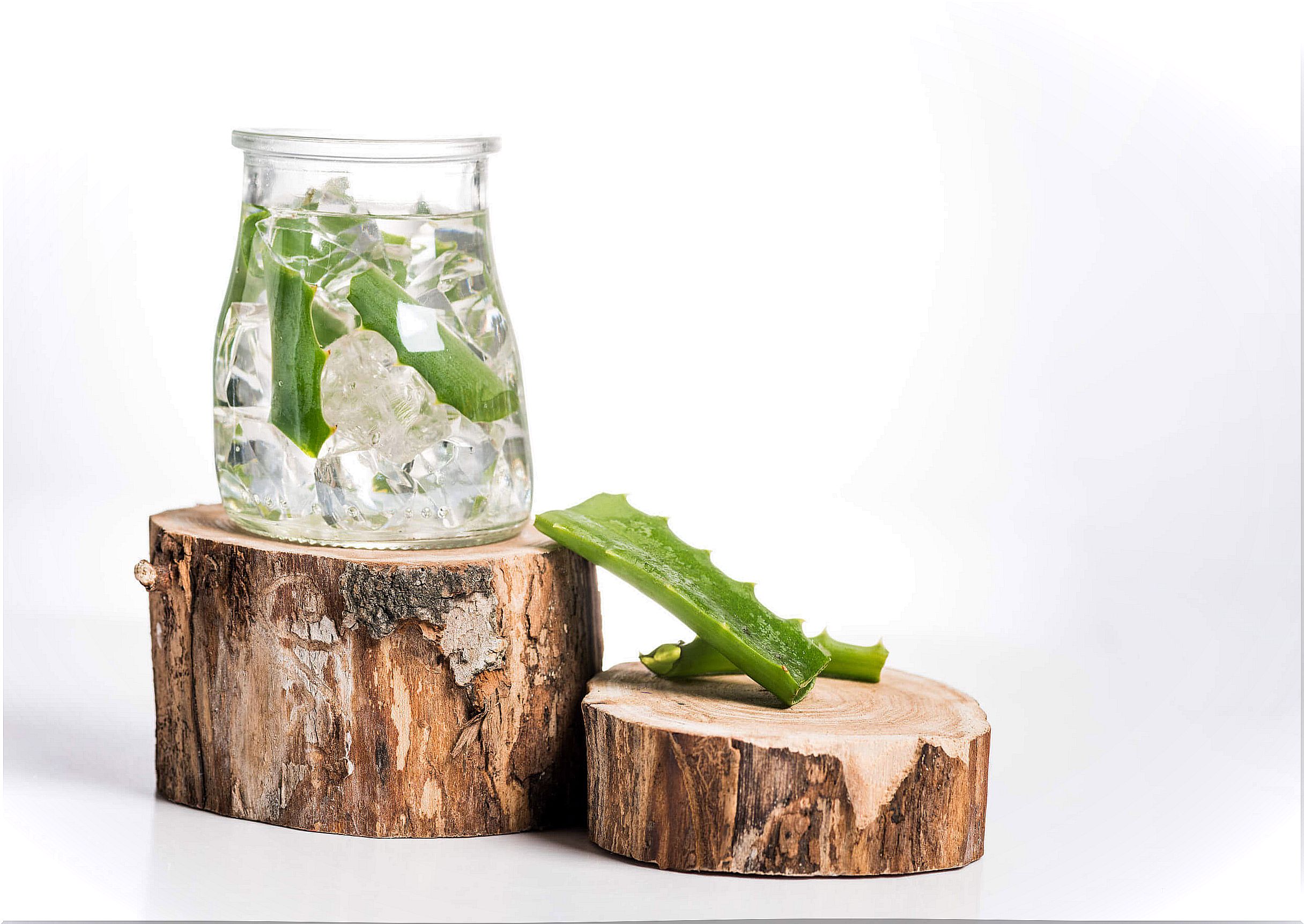
This plant is becoming more and more popular thanks to its many health and beauty properties. Externally, it soothes and hydrates the skin without greasing it, while healing.
Internally, it deflates and decongests a stuffy nose and also helps improve intestinal function. All these benefits have been detailed in a 2011 study by Vertientes Magazine Specialized in Health Sciences .
It can be grown at home or you can buy aloe leaves. Also, it is possible to use its gelatin in juices and smoothies to disguise its texture and flavor.
7. Kombucha
Kombucha is a naturally fermented drink with lemon, cane sugar and fermentation with a jelly-like colony of bacteria and yeast. This home remedy would help fight hay fever, as well as general respiratory problems and constipation.
It is a widespread alternative in traditional medicine, but without scientific support to support it. Although it is possible to prepare it at home, this is not recommended for non-experts, since it could generate contamination in the preparation.
Given this, it is preferable to buy it made in trusted health food stores.
8. Turmeric
This spice is so complete that it has earned the reputation of being almost a natural medicine. It is anti-inflammatory, analgesic, antioxidant, digestive …
In this case, it can be effective in calming the symptoms of allergic rhinitis, according to the specialized website WebMD . Various studies in animals have shown that its action is due to the immunoglobulin E block, but this has not been proven in humans yet.
It can be taken in tablets or capsules, or included in small amounts in all kinds of stews, soups, creams, smoothies, pasta, rice, etc. Its flavor is not very strong and will give recipes an appetizing color.
9. Echinacea
Echinacea is a medicinal plant that can strengthen the immune system, which suffers – to a lesser or greater extent – when you suffer from an allergy of any kind.
Its antibiotic properties improve the body’s response to these external agents. According to a study published in Phytotherapy Research , to this beneficial effect of echinacea its antibacterial and antioxidant capacity adds.
It is advisable to consult with your doctor before consuming this herb, especially if you are taking any medication. Likewise, its consumption should not be extended in time without the approval of the professional.
10. Eyebright
Eyebright is the natural remedy par excellence for the eyes and all the disorders related to them. In the case of hay fever, it helps combat eye discomfort such as redness or constant tearing.
This use is described in research published in the Evidence-Based Complementary and Alternative Medicine . It can be taken as a remedy, used as eye drops or combined both options.
Treat hay fever with a professional
Are the symptoms of hay fever bothering you? The first thing you should do is consult with a professional. Then, in addition to following the treatment dictated by the doctor, you can also complement it with the natural options mentioned above. Reduce those annoying symptoms to feel better!







